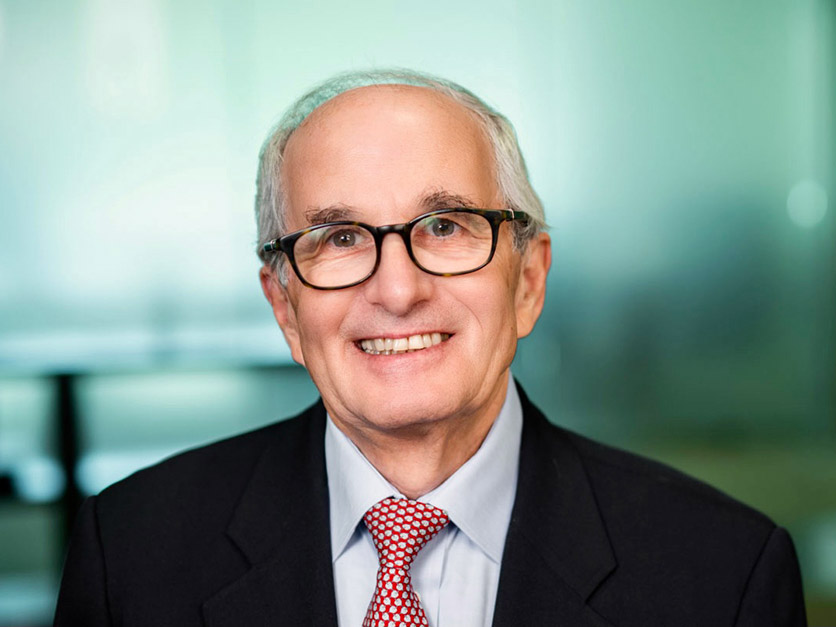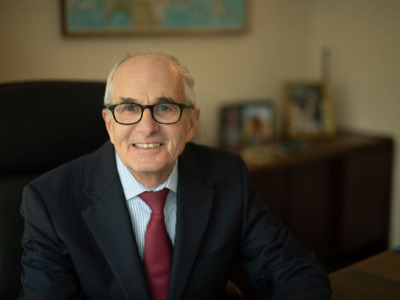Former Governor of South Carolina, David Beasley, the Director of the World Food Program (WFP) in Rome recently did an exit interview with PBS as his term expires next month. In the interview, Beasley noted that when he took this role “six years ago, there were 80 million people marching towards starvation. And that number of 80 million is now 345 million people marching towards starvation.” (Beasley will be succeeded by Cindy McCain, the current U.S. Ambassador to the UN World Food Programme in Rome.)
The work of WFP and WFP USA is critical to addressing the short- term hunger problem. WFP deserves the strong support of all countries around the world. The US has been the global leader in our support for WFP. In the long run, however, Beasley would be the first to acknowledge that we (on a global basis) must invest more in agriculture research to increase yields.
USDA’s Under Secretary Chavonda Jacobs-Young for Research, Education and Economics recently testified before Congress that “federal investments in agriculture research have declined by a third in the past two decades, falling behind our international partners. Once the world leader, the United States now trails behind major nations in public agriculture investments.”
This trend has both economic and humanitarian consequences. The Economic Research Service (ERS) at USDA has found that agricultural research generates, on average, $20 in benefits for the U.S. economy for every $1 of spending, yet our investment in research is declining. At a hearing on "A Review of Title VII: USDA Implementation of Research Programs" both Subcommittee Chairman Jim Baird (R-IN) and the Ranking Member, Abigail Spanberger, D-Va., referenced this ERS study.
Africa offers a compelling example of where the U.S. is losing its leadership edge. African yields are only 10% of ours but their potential is great. China is investing heavily in Africa; they are everywhere. The African Union complex in Ethiopia looks like the UN in New York. It was built completely by China. Most importantly, according to Chairman Thompson of the House Agriculture Committee, R-Pa., “China is now the world’s top investor in agricultural research. As we seek to remain competitive with China, we cannot forget about the importance of agricultural research in ensuring the United States has the safest, most abundant, and most affordable food and fiber supply in the world.’
In December, President Biden hosted an African Leaders Summit and earlier last year Secretary Vilsack signed a Memorandum of Understanding with AGRA, the Alliance for a Green Revolution in Africa, to assist their effort in increasing agriculture production - these are very encouraging signs. Just recently, Kenya reversed its policy on genetic engineering (GMO) to allow for GMOs. Hopefully, that sends a signal to Africa and beyond that we must follow sound science when it comes to agriculture research and invest more in that area.
There is a saying that war is too important to be left to the generals. Agriculture development is too important to be left to the Ministers of Agriculture. It must be a priority of the Heads of State around the world.
In the United States we must increase the agriculture research budget dramatically this year and, in the years ahead. Agriculture may be the only industry that is the victim of its own success. We are so productive in agriculture that only 1% of the population can feed us all. The unfortunate consequence of this success is that there is a much smaller constituency for expanding agriculture research compared to when President Lincoln created USDA, or after WWII, or just a few decades ago.
President Biden has asked Congress for an increase in the 2024 budget for both the Agriculture Research Service and the National Institute of Food and Agriculture. These increases are critical and deserve the strong support of Congress on a bipartisan basis. Further, we must build on the increase in the out years. We embrace new technology in telecommunications, health care, transportation, and many other parts of our daily lives. Agriculture should be no different.
Marshall Matz is Senior Counsel at OFW Law in Washington, D.C. He serves on the Board of the World Food Program, USA.
For more ag news and opinions, visit Agri-Pulse.com.

